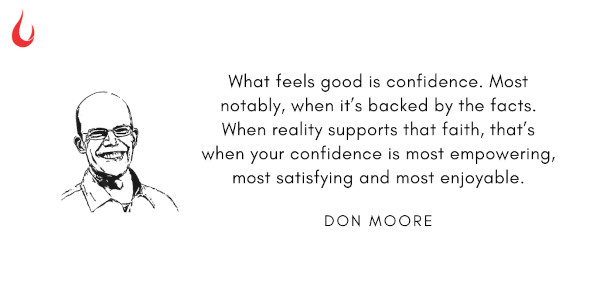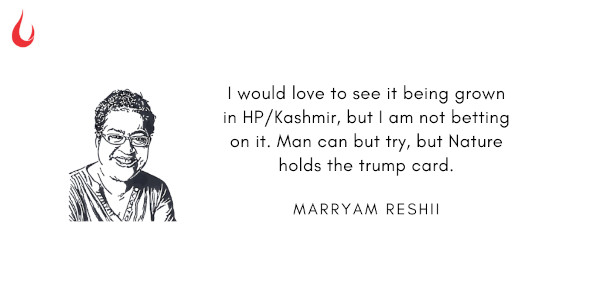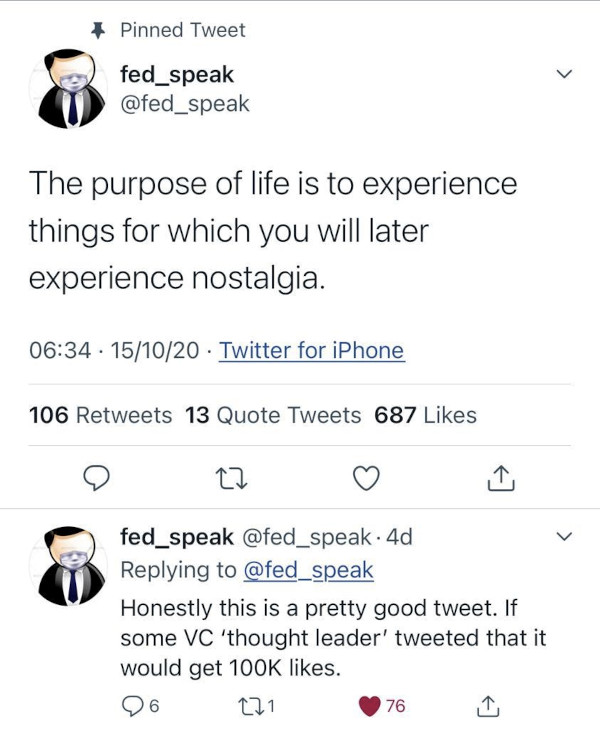[Photo by Michal Parzuchowski on Unsplash]
Good morning,
The management thinker Peter Drucker’s writings, particularly his pithy book Managing Oneself, continues to resonate after all these years. He can be wickedly funny even as he talks to us about the most serious issues we must deal with.
“One of the fastest-growing pastoral churches in the United States measures success by the number of new parishioners. Its leadership believes that what matters is how many newcomers join the congregation. The Good Lord will then minister to their spiritual needs or at least to the needs of a sufficient percentage. Another pastoral, evangelical church believes that what matters is people’s spiritual growth. The church eases out newcomers who join but do not enter into its spiritual life.
“Again, this is not a matter of numbers. At first glance, it appears that the second church grows more slowly. But it retains a far larger proportion of newcomers than the first one does. Its growth, in other words, is more solid. This is also not a theological problem, or only secondarily so. It is a problem about values. In a public debate, one pastor argued, ‘Unless you first come to church, you will never find the gate to the Kingdom of Heaven.’
“‘No,’ answered the other. ‘Until you first look for the gate to the Kingdom of Heaven, you don’t belong in church.’
“Organizations, like people, have values. To be effective in an organization, a person’s values must be compatible with the organization’s values. They do not need to be the same, but they must be close enough to coexist. Otherwise, the person will not only be frustrated but also will not produce results.
“A person’s strengths and the way that person performs rarely conflict; the two are complementary. But there is sometimes a conflict between a person’s values and his or her strengths. What one does well—even very well and successfully—may not fit with one’s value system. In that case, the work may not appear to be worth devoting one’s life to (or even a substantial portion thereof).
“If I may, allow me to interject a personal note. Many years ago, I too had to decide between my values and what I was doing successfully. I was doing very well as a young investment banker in London in the mid-1930s, and the work clearly fit my strengths. Yet I did not see myself making a contribution as an asset manager. People, I realized, were what I valued, and I saw no point in being the richest man in the cemetery.”
Point taken Mr Drucker.
In this issue
- Take a bet
- The secret history of asafoetida
- The purpose of life
Take a bet
Often we don’t push ourselves to see something from another person’s perspective. In an interview to Knowledge@Wharton, Don Moore, a management professor at the Haas School of Business at the University of California, Berkeley and author of Perfectly Confident, offers a useful tip on how you can do that. But, it’s not just about that. There are added benefits.

Moore says: “Think probabilistically about the uncertainties inherent in the future. Many of us wind up in this awkward trap trying to predict the future, as if we could know for certain what was going to happen, or how we would perform, or how others will behave. We can’t. The best we can do is make probabilistic forecasts, considering the distribution of possible outcomes and trying to assess the likelihood of each of them.”
He adds: “Annie Duke, in her book Thinking in Bets, encourages people to calibrate their confidence by asking, ‘Wanna bet?’ We can discipline our forecasts for the future by thinking about putting stakes on them. Do I believe that prediction enough to be willing to bet on it? How likely do I think it is? And if there’s someone else willing to take the other side of that bet, what do they know that I don’t? That leads to the very useful question, ‘Why might I be wrong? What information out there suggests I’m wrong? Or what do others who believe differently know that I don’t?’ That is very useful for helping us question our assumptions and calibrate our confidence.”
Dig Deeper
The secret history of asafoetida
In the last few days many of us Indians woke up to the fact—for the first time in our lives—that the country imports every bit of asafoetida (hing), mostly from Afghanistan, Kazakhstan and Uzbekistan. As BBC reports, “This is surprising news for many Indians who would argue that hing is inherently Indian. For many Hindus and Jains, who don't eat onion and garlic because of dietary restrictions, hing’s pungency makes it an ideal substitute.”

Recently, hing was in the headlines because India finally decided to grow it. BBC reports: “Last week, scientists planted about 800 saplings of the plant in Lahaul and Spiti, a cold desert nestled in the Himalayan mountains, exactly two years after India's Council of Scientific and Industrial Research (CSIR) imported six varieties of seeds from Iran. ‘We are confident it will work,’ says Dr Ashok Kumar, one of the scientists who painstakingly germinated the seeds in a lab. He says this was necessary because for every 100 seeds, only two sprout. The plant, it turns out, has a vexing habit of going dormant.”
In an informative thread, food writer Marryam Reshii shared this interesting piece of contemporary food history: “Until 40 years back, the trade was by individuals: an Afghan 'kabuliwala' would come on a jaunt to India with turquoise, hing, lace, etc and sell it to various small-time dealers. Tibetan ladies in hill stations would famously sell hing, sewing needles and assorted knick-knacks.”
Dig Deeper
The purpose of life

(Via Twitter)
Tell us what you think and find noteworthy. Head over to our Slack channel.
And if you missed previous editions of this newsletter, they’re all archived here.
Bookmark Founding Fuel’s special section on Thriving in Volatile Times. All our stories on how individuals and businesses are responding to the pandemic until now are posted there.
Warm regards,
Team Founding Fuel


